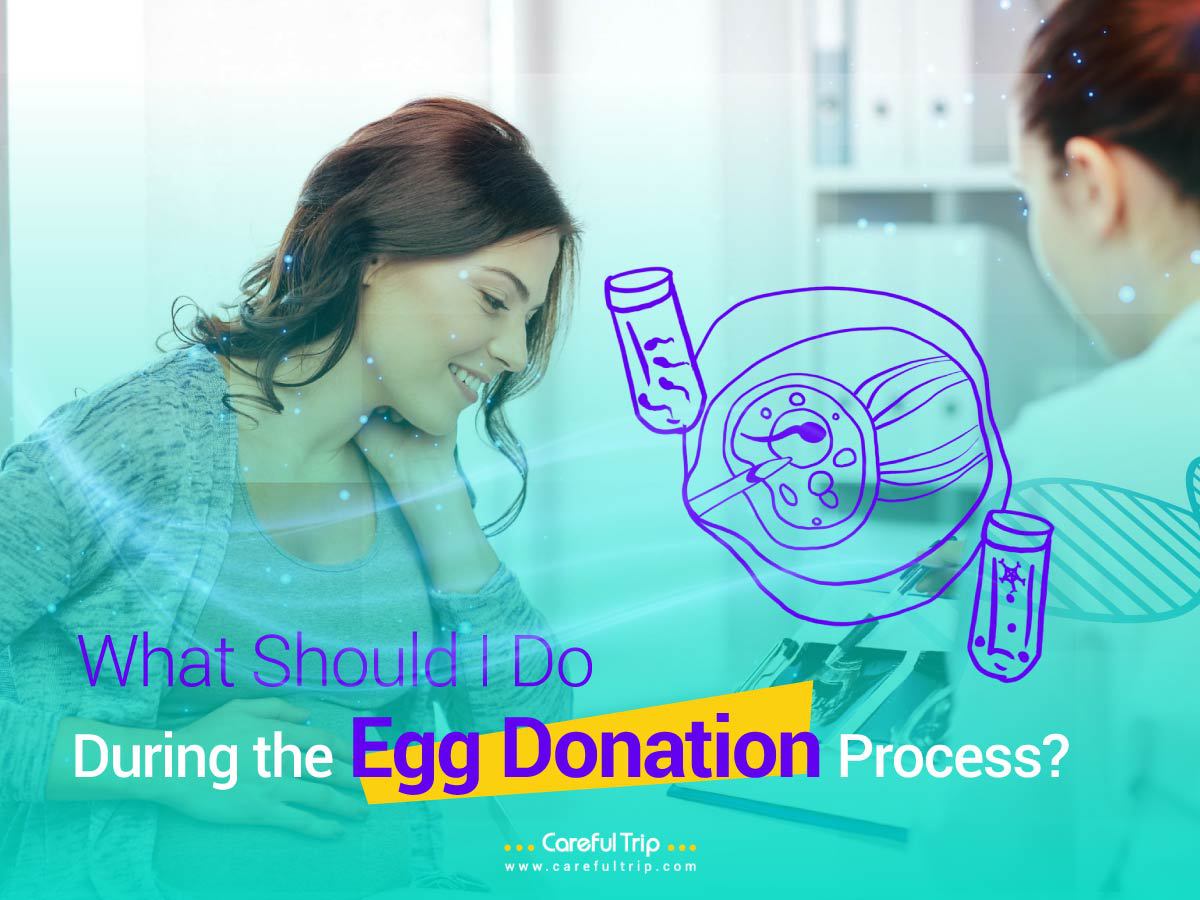
Introduction
Egg donation is a generous and complex process that contributes to the miracle of life, often for those who have faced significant challenges in becoming parents. As an egg donor, you embark on a journey that combines altruism with an in-depth medical and psychological engagement. The egg donation process is a series of steps meticulously designed to protect the health and well-being of the donor while optimizing the chances of a successful pregnancy for the recipient. Each phase, from the preliminary screenings to the final retrieval and follow-up, demands attention to detail and a clear understanding of the requirements. This article endeavors to offer a detailed guide through the layers of the egg donation process, highlighting the importance of each step with the latest updates from 2023 databases and ensuring a comprehensive understanding of what it entails to become an egg donor.
Egg Donation Process
- Eligibility for Egg Donation
- Initial Consultation and Screening
- Medical and Psychological Evaluation
- Legal Considerations and Contracts
- Ovarian Stimulation and Monitoring
- Egg Retrieval Procedure
- Aftercare and Follow-Up
For more information, read:
Eligibility for Egg Donation
Before embarking on the egg donation journey, potential donors must first determine their eligibility. Clinics and egg donation agencies typically have a set of criteria that must be met. This includes age restrictions—usually, donors must be between 21 and 35 years old—a healthy BMI, and no history of inheritable genetic disorders. The psychological well-being of the donor is also a critical factor, ensuring she can fully comprehend and consent to the implications of her donation. Careful screening is essential for the safety and success of the procedure, safeguarding the donor’s health and maximizing the chances for a successful pregnancy for the recipient.
Initial Consultation and Screening
The first tangible step in the egg donation process is the initial consultation and screening. Here, potential donors meet with fertility specialists to discuss the procedure in detail. This session is crucial as it lays the foundation for informed consent, providing clarity on the expectations and potential risks involved. Screening involves both psychological and physical evaluations, ensuring that the donor is thoroughly prepared for the journey ahead. At CarefulTrip, they prioritize this step, offering top-notch counseling from experts to guide donors through the implications and rewards of their generous act.
Medical and Psychological Evaluation
After a donor has been deemed eligible, a thorough medical and psychological evaluation follows. This is a multi-faceted assessment involving blood tests, ultrasounds, and a review of medical history to ensure the donor is physically prepared for the egg retrieval process. Psychological assessments are equally important, as they ascertain the donor’s mental preparedness and ability to handle the emotional aspects of egg donation. This comprehensive evaluation is critical in determining the donor’s suitability and readiness for the upcoming steps in the egg donation process.
Legal Considerations and Contracts
Navigating the legal aspects is a significant step in the egg donation process. Donors must understand and sign contracts that outline their rights, the scope of their involvement, and the legalities surrounding the anonymity and future use of their donated eggs. These contracts are vital for protecting all parties involved—donors, recipients, and the offspring that might result from the donation. Legal counsel is often provided to ensure donors fully grasp the terms and implications of these agreements, as seen with the comprehensive support from agencies like CarefulTrip.
Ovarian Stimulation and Monitoring
Ovarian stimulation is the next phase, where donors undergo a series of hormone injections that encourage the ovaries to produce multiple eggs. This stage requires close monitoring through regular clinic visits, where doctors assess the response to hormones via blood tests and ultrasounds. The precision and adjustment of medication during this phase are pivotal in ensuring a successful and safe egg retrieval, a process CarefulTrip’s associated specialists handle with utmost care.
Egg Retrieval Procedure
The climax of the egg donation process is the retrieval procedure. Conducted under mild anesthesia, this short surgical procedure involves the careful extraction of mature eggs from the donor’s ovaries. It’s a delicate process that calls for skillful execution to ensure the donor’s comfort and the preservation of the eggs’ viability. Post-procedure, donors are monitored for any adverse effects and given instructions for recovery.
Aftercare and Follow-Up
Post-retrieval aftercare is a crucial step in the egg donation process, ensuring that the donor recovers well from the procedure. Follow-up appointments are essential to monitor the donor’s health and to address any complications that may arise. Emotional support is also a component of aftercare, recognizing the psychological impact the donation process can have. CarefulTrip’s affiliation with MOM treatment center assures that donors receive comprehensive care during this final stage, reflecting the high value placed on donor well-being.
For more information, read:
Summary
The egg donation process is a profound journey that demands commitment, responsibility, and compassion from the donor. Each step, from eligibility to aftercare, is a building block in creating a safe and successful donation experience. With advancements in medical technology and the guidance of experienced professionals, donors embark on a path that intertwines rigorous screenings with legal considerations, ensuring a transparent and ethical journey. This process, while comprehensive, is facilitated by specialized agencies that provide support and clarity, making the complex steps manageable and clear. It’s a generous act that bears the potential to bring immeasurable joy to those dreaming of parenthood. As donors navigate through consultations, health evaluations, and the intricacies of ovarian stimulation, their well-being and informed consent remain paramount. It’s a path marked by a spirit of giving, propelled by cutting-edge science and compassionate care, culminating in a powerful contribution to the miracle of life.

